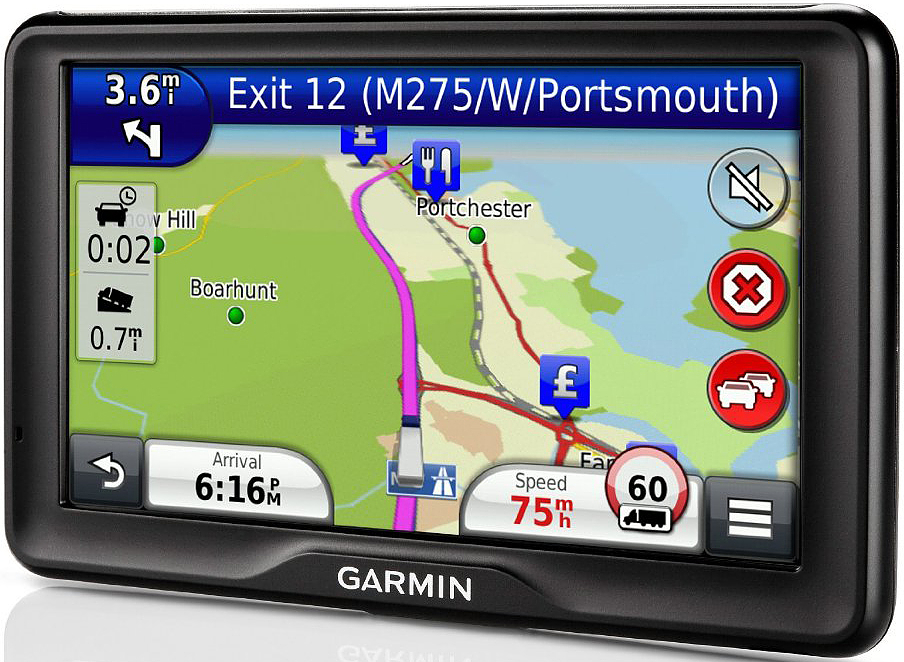Last month’s Brexit news shook the continent and could potentially change the way the UK interacts with the rest of the world for some time to come. As providers of motor trade and HGV insurance we’re interested to discover how Brexit could affect these industries.
Like much of the nation, both the HGV industry and motor trade industry had differing opinions when it came to what is best for the UK.
Motor Industry
77% Remain
23% Leave
(Figures from autocar)
Britain’s road hauliers back ‘leave’ @ScottishSun https://t.co/bRsx23NKbV pic.twitter.com/BOS7Ie4nLW
— RHA News (@RHANews) June 17, 2016
HGV Industry
61% Leave
39% Remain
Motor Industry
According to thisismoney.co.uk the motor industry could be one of those most affected by the UK’s decision to leave. Especially as 11.8% of total UK exports are for this sector, which currently adds £15 billion to the UK’s economy each year.
A potential issue closer to the Staveley Head headquarters is that of Toyota who produce car parts in Deeside, North Wales, as well as Burnaston and Derbyshire. Toyota is one car manufacturer who did speak out about the consequences of the UK leaving the EU, suggesting that the ‘UK [may not be able to keep its] current trading arrangements… [and that they] would have to start paying duties on parts and cars.’
An alternative option to paying duties is to join the European Free Trade Association (EFTA), which would mean following 93% of EU regulations anyway. Joining the EFTA would mean the industry would only have to make slight changes.
HGV Industry
It is not clear what the future will bring but many have begun speculating. The DWF warn of stricter border controls whilst the Road Haulage Association (RHA) are already making plans to secure the industry’s needs and expectations.
As well as stricter border controls the process of hiring European drivers may become much more challenging too. As stringent processes are put into place to ensure drivers are fully trained and suitable for the position.
Another issue amongst HGV drivers is that of unsociable driving hours. Which it turns out is out of the UK’s hands whether in the EU or not! This is due to the European Agreement Concerning the Work of Crews of Vehicles Engaged in International Road Transport (AETR) which the UK is a signatory to.
Brexit and Petrol Prices
There has been a lot of speculation surrounding Brexit’s effects on petrol prices. With many believing prices may rise by 2-3p per litre.
EU referendum: Drivers ‘could face rising petrol prices’ https://t.co/AR8vw5Mm3v
— BBC Business (@BBCBusiness) June 24, 2016
Is this something to worry about? According to the petrol price index it isn’t. In fact using the index you will see that past years prices have been much higher. Staveley Head’s Managing Director, Ashley Peter’s commented on the issue –
“…every country in the EU has seen a petrol price increase following the UK’s news of leaving; Denmark and Switzerland have also been hit with a 7p increase in just a few hours…”
The Facts
Leaving the EU is a staged process which can take up to 2 years and the UK hasn’t even begun the process yet. This should mean that both industries will be fully informed on how to move forward by the time exit is complete.
The future is always uncertain whether within the EU or not. To read more blogs or to join the conversation follow us on Twitter and like us on Facebook now.











